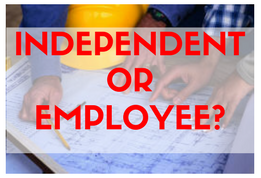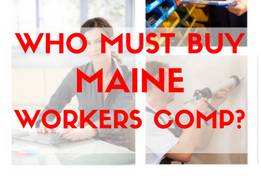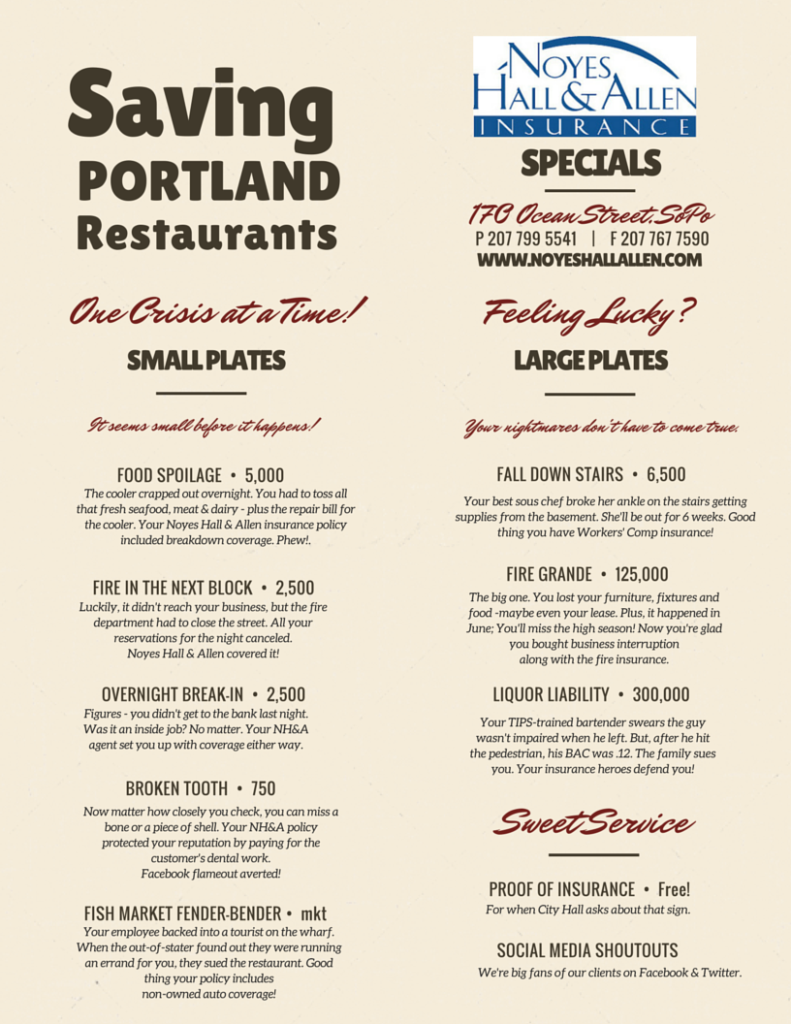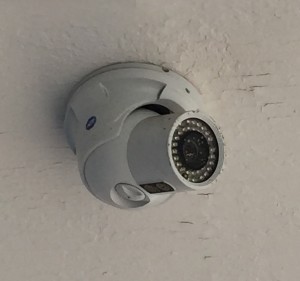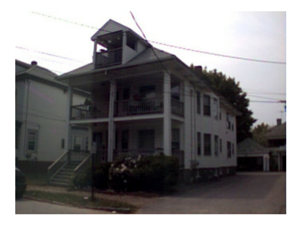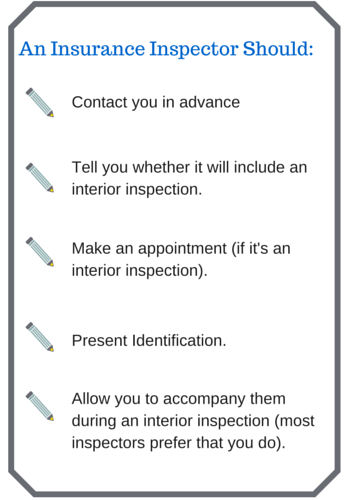What is an Additional Insured?
An Additional Insured (AI) is someone else who is added to your business insurance policy. That coverage might last one day, one job, or all year.
Additional Insureds get two valuable kinds of protection:
- Defense – if someone sues your AI for something covered by your insurance, your policy steps in to defend them.
- Bodily Injury and Property Damage – your policy will pay on behalf of the AI for someone else’s medical bills or property damage .
Why Would I Agree to Cover Someone as Additional Insured?
Usually, it’s because you really want to sign a contract that requires it. Often, the contractual party with the most bargaining power is the one named AI. The weaker party adds them to their insurance. We didn’t say it was fair, did we?
For example, a landlord with a prime retail location might require tenants to add them as Additional Insured. Because you really want to be in that location, you could agree.
Additional Insureds are also common in construction trades. The practice may reduce finger-pointing and expedite settlement of accidents and claims.
What are the Disadvantages to Adding an Additional Insured to Your Policy?
Adding an Additional Insured essentially shares your insurance with someone else. Their claims become your claims. Their troubles become yours. It’s like a shared data plan, but with a maximum cost in the millions. What if your Additional Insured has a lot of claims?
- Your insurance company might raise your rates, refuse to renew, or even cancel your policy.
- Many commercial liability policies have an “annual general aggregate” limit. Each claim reduces the fund available to pay future claims. You may be left with a lot less insurance – less than your next job requires.
How to Add an Additional Insured to Your Insurance Policy
Contact your insurance agent if you want to add an AI to your policy. They should review the contract and your policy. They can advise you how this will affect your business and your insurance costs.
Can My Insurance Company Refuse to add an Additional Insured?
Yes. The insurance company will review your contract and exposure it creates. They may decide that it’s too risky. Some insurance policies don’t permit Additional Insureds at all. Professional liability policies are a good example. Each party should be responsible for the performance of their own professional activities.
How Much Does it Cost to Add an Additional Insured?
Additional Insured costs vary among policy types and insurers. Some business policies have “blanket additional insured” endorsements. For a flat price, these cover anyone that you contractually agree to include as AI. Otherwise, insurers charge for each Additional Insured, usually starting at $25.
Are “Proof of Insurance” , “Certificate of Liability Insurance” and “Additional Insured” the Same Thing?
No. Certificates and other proof of insurance forms are just that. They show that you have insurance at a moment in time. But if your policy doesn’t include an Additional Insured, proof of insurance doesn’t change that.
However, Additional Insureds usually DO ask for Certificates of Insurance. They want to prove that they are Additional Insureds on your policy. Your agent will only provide this if your certificate holder has AI status.
Is your business in the Portland Maine area? Do you need help with contracts, insurance requirements, additional insureds, leases or equipment rental? Contact a Noyes Hall & Allen business insurance agent at 207-799-5541. We offer a choice among Maine’s preferred business insurance companies. We can help you find the right fit for your business and your budget. We’re independent and committed to you.
Was This Post Helpful?
We provide this information to educate people about insurance options. We hope it was helpful. If so, would you help us in return? If you provide an online review, it would help other people who are looking for help with their insurance. Thank you!



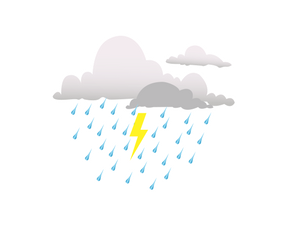 Insure the weather.
Insure the weather.  Love Your Volunteers
Love Your Volunteers


